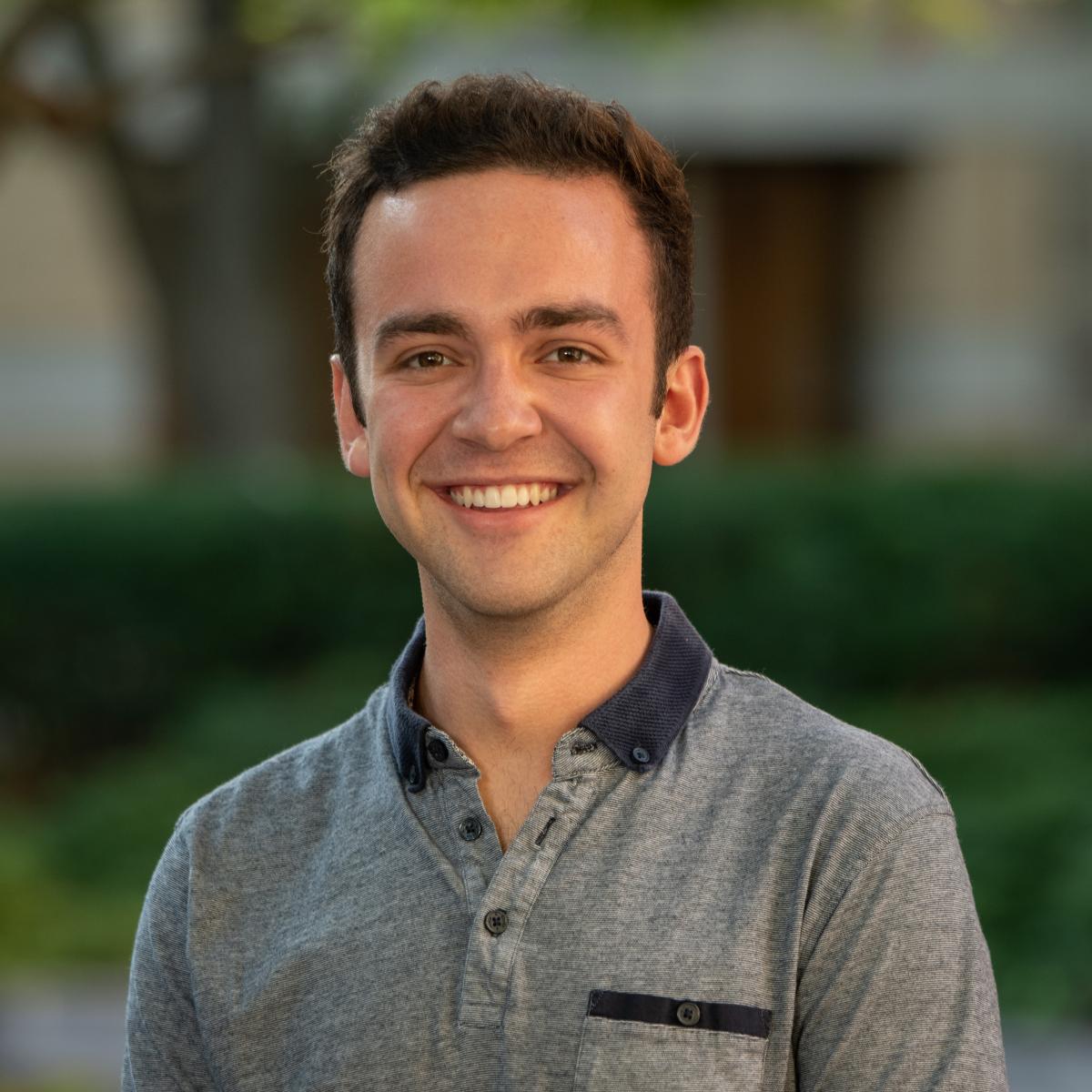Jackson Oxler is a senior in the Kellogg International Scholars Program.
 The Society for Applied Anthropology held its annual conference in Salt Lake City, Utah, and the conference’s purpose was meant to recognize the “revolutionary potential of the social sciences.” Applied anthropology refers to any anthropological research that seeks to shed light on social problems and identifies how we might solve those problems. As an anthropology major having done my own applied research, I attended the conference out of a desire to hear stories of how other researchers have utilized their work in applied contexts.
The Society for Applied Anthropology held its annual conference in Salt Lake City, Utah, and the conference’s purpose was meant to recognize the “revolutionary potential of the social sciences.” Applied anthropology refers to any anthropological research that seeks to shed light on social problems and identifies how we might solve those problems. As an anthropology major having done my own applied research, I attended the conference out of a desire to hear stories of how other researchers have utilized their work in applied contexts.
My thesis seeks to understand how political structures and housing policies have allowed landlords in New York City to control the lives of tenants in their buildings. In deciding on my research topic, I wanted my thesis to intersect my research interests with my desire to explore solutions to housing problems. Given the nature of my thesis in anthropology, the purpose of the Society’s conference aligned perfectly with the ambitions of my thesis. At the conference, panels of fellow anthropologists discussed how their work is applied in wide-ranging contexts and geographies.
There were several themes that emerged across the presentations and discussions. Many researchers used their works to demonstrate the discriminatory environments women face across the world; other ethnographers highlighted the challenges communities will face as climate change continues to impact our environment. One panel of particular interest explored the experiences of mothers and pregnant women who use opioids. The ethnographers interviewed women to understand their journeys of seeking treatment, applying for governmental assistance, and trying to halt opioid use. Their research results are being shared and used to try and better assist the women who seek treatment for addiction. The panel was incredibly inspiring to think about how vulnerable populations might be better served as a result of the research anthropologists can contribute.
While each panelist used research to benefit society in different ways, each presentation I went to inspired me to see the numerous ways in which anthropology’s “revolutionary potential” can come to be. I joined the Kellogg Institute out of a desire to utilize academic possibilities to understand social problems. That same desire is what pushed me to attend the Society for Applied Anthropology’s annual meeting. Having attended the meeting, I hope that the results of my thesis will contribute to the betterment of society as my fellow researchers at the meeting continue to do so.





